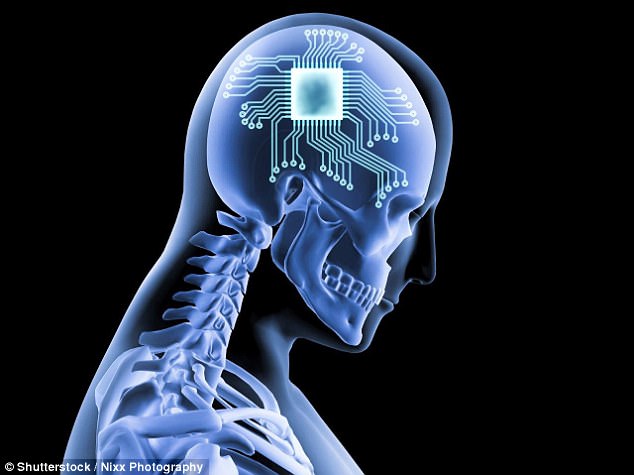The US military has begun testing AI brain implants on humans. These ‘mind control’ implants (chips) emit electronic pulses that alter brain chemistry, and therefore someone’s mood, in a process called ‘deep brain stimulation.’ If they are proven to work, the government could use them to treat “a number of mental health conditions and to ensure a better response to therapy”. 1 The study was published in the journal Nature.
Deep brain stimulation involves implanting fine wires, with electrodes at their tips, into the brain (the wires are connected to extensions that are travel under the skin behind the ear and down the neck). The electrodes are able to deliver a high-frequency shock to a targeted area of the brain, thereby stimulating changes to some of the electrical signals in the brain, i.e., those that change behaviour or movement.
Scientists at the Defense Advanced Research Projects Agency (DARPA), a branch of the DOD that develops new tech for the military, created the chips and researchers from the University of California and Massachusetts General Hospital designed them to use “artificial intelligence algorithms that detect patterns of activity associated with mood disorders.”3
Edward Chang, a neuroscientist at the University of California, said:
“‘We’ve learned a lot about the limitations of our current technology. The exciting thing about these technologies is that for the first time we’re going to have a window on the brain where we know what’s happening in the brain when someone relapses.'”4
And that’s what happened.
The MGH team discovered that by delivering shocks to regions of the brain that deal with decision-making and emotions, participants performed significantly better in set tasks, including matching images of numbers or identifying emotions on faces (difficulties with concentration and problems with empathy are characteristics of a range of mood disorders).5
However, these chips create a number of ethical concerns. Basically, medical teams will have access to people’s feelings, and possibly, their actions based on those feelings. This is a minefield.












